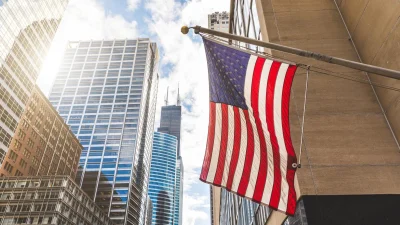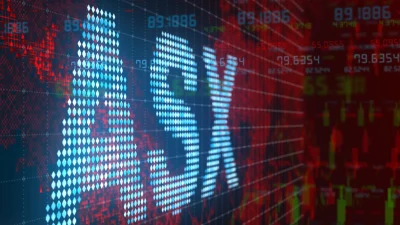Trade war seen as ‘new normal’ for investors


Nearly half of investors do not expect the US/China trade war to be resolved, describing it as ‘the new normal’ according to a global fund manager survey by Bank of America Merrill Lynch (BofAML).
In its monthly global fund manager survey, BofAML surveyed 230 investors with US$620 billion ($908.6 billion) in assets under management.
Some 43% of respondents said they did not expect the US/China trade war would be resolved, up from 38% in September, while 36% said they expected a resolution by the next US Presidential election in November, 2020.
Three-quarters of respondents said a resolution of the trade war would be the most bullish catalyst for stocks over the next six months.
As a result, respondents’ allocations to cash rose from 4.7% to 5% but this remained below the high of 5.7% which was seen in June.
However, the volume of respondents who expected a recession in the next year fell from 38% last month to 31% in October. Conversely, 67% said a recession was unlikely, up from 59% a month ago.
Looking at interest rates, just 18% of investors expected short-term interest rates to rise over the next year.
Michael Hartnett, chief investment strategist at BofAML, said: “Investors remain bearish but we are seeing signs of green shoots. If concerns about the trade war and Brexit are unrealised, sentiment is likely to improve, validating our bullish tactical views”.
Performance of S&P 500 vs the Shanghai Composite index over one year to 30 September, 2019.
Recommended for you
Perpetual has appointed a new CEO for affiliate J O Hambro Capital Management, as it tries to stem outflows and refresh the brand.
Outflows of US$1.4 billion from its US equity funds have contributed to GQG Partners reporting its highest monthly outflows for 2025 in August.
Domestic equity managers are lagging the ASX 200 in the first half of the year, according to S&P, with almost three-quarters of Australian equity funds underperforming over the six-month period.
ETFs saw almost $5 billion of inflows during August, with international equities gaining double those of fixed income funds, as total assets close in on $300 billion.














